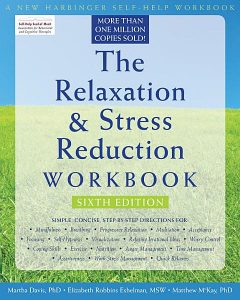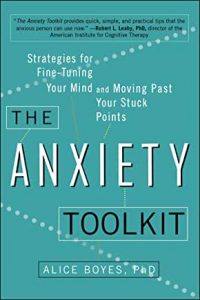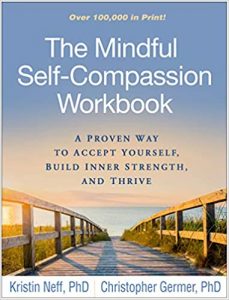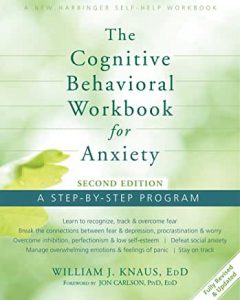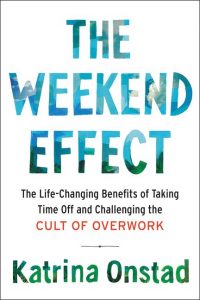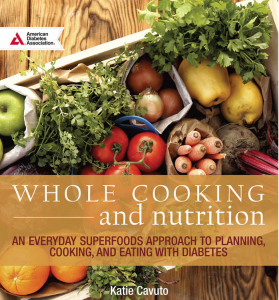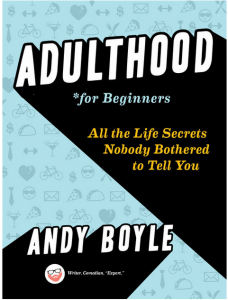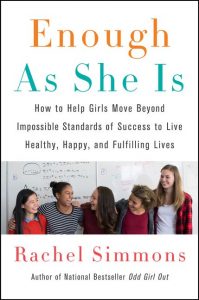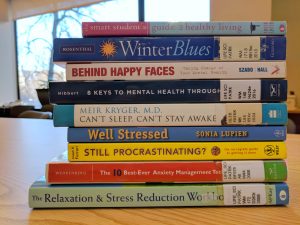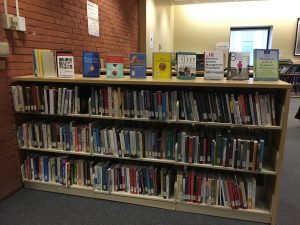Written by guest contributor Jessica Lange
Academic publishing relies on the voluntary participation of scholars to contribute as peer reviewers and editors. Editors typically look after reviewing initial submissions to a journal, finding peer reviewers, and reviewing the final submission for acceptance. Peer reviewers serve an equally important role, assessing a scholarly work for its validity, impact, and relevance to the field.
Researchers choose to serve as editors and peer reviewers to contribute back to the scholarly community and advance research. This is also considered part of the “job” of an academic for the purposes of tenure and promotion. However, as precarious academic positions are on the rise, this underlying principle is being reconsidered. Even for academics with a full-time position, the squeeze of increasing administrative responsibilities alongside a heavier valuing of research in tenure and promotion, has led some to make strategic choices about where to devote their energies.
Despite the importance of these roles to the scientific community, many people outside academia are surprised to learn that neither peer reviewers nor editors receive compensation for their work. Given that large, commercial publishers post hefty profit margins and may have questionable privacy practices, researchers are starting to wonder if these corporations should benefit from their voluntary labour and scholarly expertise.
If the above applies to you, I’d recommend the KU Leuven framework based on the Fair Open Access Alliance. When evaluating a publication for editorial or peer review duties, ask if :
“The supplier of the infrastructure for scholarly communication has a transparent ownership structure, and is not profit-driven and accountable to shareholders, but mission-driven and accountable to the academic community (e.g. an editorial board or scholarly society).” (Fair Open Access)
This framework privileges “scholar-led” operations, those run and led by academics themselves, supported in many cases by universities, societies, libraries, or associations. For example, the McGill Library hosted journal Seismica, a free-to-authors and readers open access journal, launched in specific response to the for-profit nature of scientific publishing in their discipline.
How can I assess a journal?
Journals will typically post this kind of information in their “About” page. Review their website to see if they are published by a commercial publisher (e.g., Wiley, Elsevier etc.), a non-profit (e.g., Cambridge University Press, University of Toronto Press etc.), or independently supported by a university, library, or association. Does the journal provide a mission statement? What is the publisher’s mission and goals? If the journal charges article processing charges, are they transparent about the fees (if applicable)?
What else would you add for consideration?
Additional resources
- Fair OA principles
- Lange, Jessica; Severson, Sarah, 2021, “List of Canadian independent, scholarly journals (2020)”, https://doi.org/10.7939/DVN/EPSJJR, Borealis, V2
- Bosman, Jeroen, Frantsvåg, Jan Erik, & Kramer, Bianca. (2021). OA Diamond Journals Study. Dataset [Data set]. Zenodo. https://doi.org/10.5281/zenodo.4553103
Jessica Lange is the Scholarly Communications Librarian at McGill University. In this role, she provides services to the campus community in the areas of open access, publishing, author rights, and open educational resources (OERs). She also manages McGill’s open access repository eScholarship and its scholarly publishing program. Her research interests include scholarly publishing and open access.


